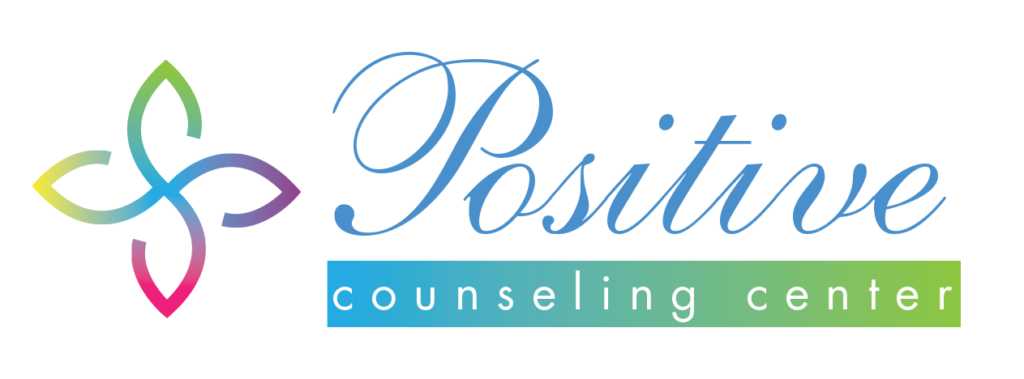
April is Alcohol Awareness Month and a time to reflect on drinking habits and how they may affect individual and public health. Although legal and not considered a drug by many people, alcohol is the most abused substance in America. It is a major public health problem, as approximately 1 in 12 adults suffer with alcohol dependence. However, the other 91 percent of adults are not out of dodge. In fact, far more people engage in risky drinking behaviors, such as binge drinking, which can lead to serious long term consequences, including dependency.
What is Binge Drinking?
There is a fine line between responsible drinking and abuse. According to the Centers for Disease Control, binge drinking is typically identified by consumption that leads to a blood alcohol concentration level of .08 percent or higher. The amount of alcohol required to reach this level of intoxication varies from person to person, but generally, binge drinking occurs when a woman consumes at least 4 drinks or a man consumes at least 5 drinks over a period of two hours. Unfortunately, most binge drinkers consume far more than that. Among U.S. adults, the average binge includes consumption of 8 drinks on average.
While frequent binge drinking is not necessarily an indication of alcoholism, long term alcohol abuse can lead to dependency. Alcohol addiction can be identified by a person’s strong cravings for alcohol or inability to limit or stop drinking. Alcohol consumption may continue despite negative physical or social consequences.
The problem does not stop with adults, either. Approximately 14 percent of adolescents age 12-20 are binge drinkers. It has been shown that heavy alcohol use affects a child’s brain development, which increases the risk of future dependency. Data from the American Psychological Association shows that children who start drinking by age 13 are 38 percent more likely to become dependent at some point in their lives. It is of note that this year’s theme for Alcohol Awareness Month is Talk Early, Talk Often: Parents Can Make a Difference in Teen Alcohol Use. Parents play an important role in prevention. Fostering an atmosphere that encourages healthy conversations about alcohol can significantly reduce the risk of underage drinking.
Outside of dependence, binge drinking has been shown to cause or increase the risk of a wide range of social and health problems. Examples include:
- Liver cirrhosis
- Fatty liver disease
- Alcohol hepatitis
- Mouth, throat and esophageal cancer
- Depression
- Anxiety
- Hypertension
- Cardiovascular disease
- Stroke
- Violent behavior
- Low productivity
- Relationship problems
- And more
The Public Burden of Binge Drinking
The effects of binge drinking go far beyond individual consequences. Society as a whole bears the burden, too. Economically speaking, alcohol abuse cost the U.S. more than $223 billion in 2006 alone, with approximately 75 percent of that cost attributed to binge drinking. By 2010, that number had risen to $249 billion. However, society is encumbered by far more than just financial consequences; binge drinking affects public health as well.
According to a CDC study, binge drinkers are 14-times more likely to drive while impaired by alcohol than people who do not binge drink. Not only does this pose a risk to the driver, but to other motorists and passengers as well. Approximately 10,000 people are killed every year in crashes for which alcohol impairment was a factor in the accident. Far more – approximately 1.4 million – are arrested for driving under the influence (DUI) or driving while intoxicated (DWI). Despite arrests, fines, and even license suspension, many people who get a first DUI or DWI will be repeat offenders in the future.
Help for Binge Drinkers
If you or someone you know engages in risky drinking behavior, now is the time to get help. Every day is a new day at Recovery NOW, and it is never too late to begin the path to a brighter tomorrow. Call us today for more information about the binge drinking and alcohol dependency. We look forward to serving you soon.







